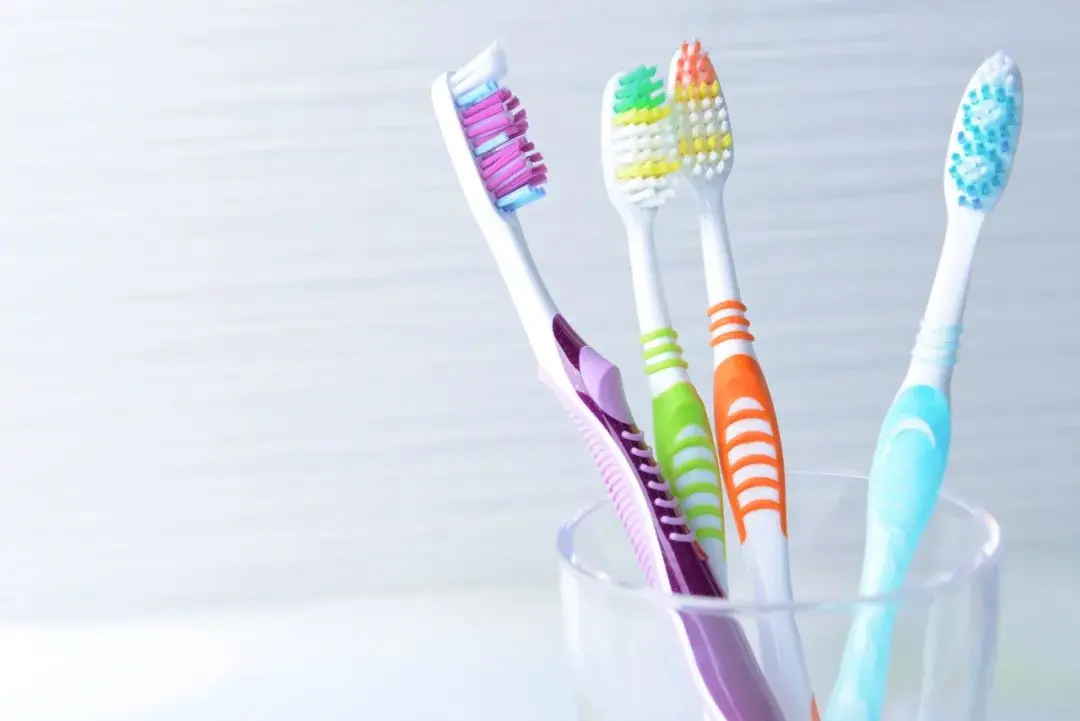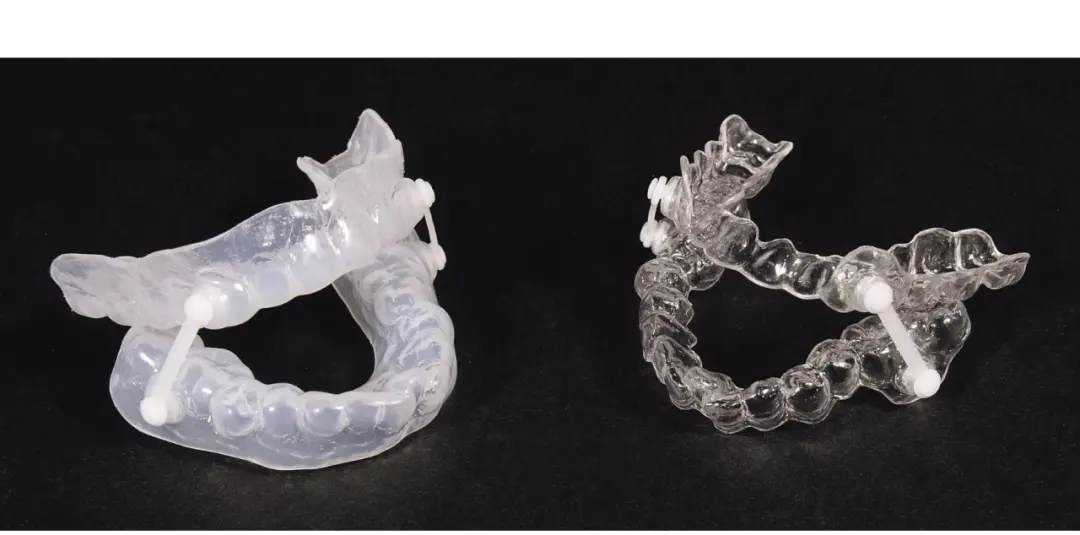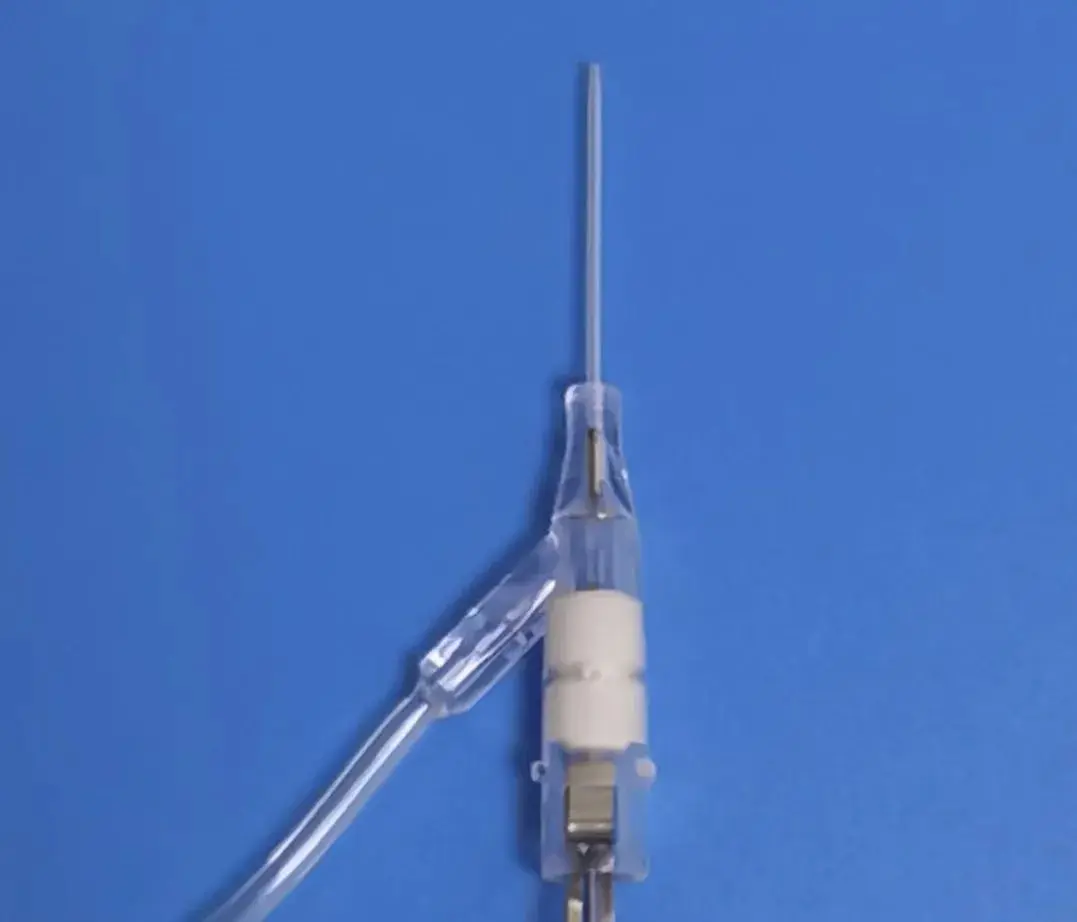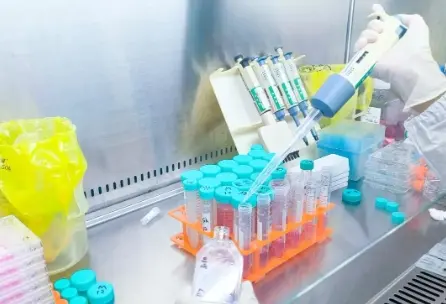
Biological Evaluation of Medical Devices - ISO 10993-1:2020
ISO 10993-1:2020 is the latest version in the ISO 10993 series, focusing on the biological evaluation of medical devices. It provides manufacturers with guidance on assessing the safety of medical devices and materials to ensure they do not cause adverse reactions when in contact with biological systems.

Key Updates and Changes:
1. Risk Management Orientation
- Risk Management Focus: ISO 10993-1:2020 emphasizes the central role of risk management, requiring the use of risk assessment methods to determine which biological tests are necessary based on the specific device. Manufacturers are encouraged to select evaluation methods based on the device’s application, contact nature, and material properties.
- Risk Management Process: Factors such as the device’s usage environment, duration, frequency, and type of contact should be considered, along with potential biological responses.
2. Biocompatibility Evaluation Framework
- Evaluation Framework: The standard provides a structured framework for biocompatibility evaluation based on the classification of the medical device (e.g., type and duration of contact with biological systems). It involves assessing specific contact characteristics and leveraging clinical data for decision-making.
- Low-Risk Devices: For low-risk devices, biological evaluation can rely on previous results, reducing unnecessary testing.
3. Test Requirements and Selection
- Test Types: ISO 10993-1:2020 specifies biological test requirements, including cytotoxicity, sensitization, and irritation tests.
- Utilization of Existing Data: If existing literature or historical data can prove the safety of a material or product, manufacturers may skip standard tests by referencing relevant prior information (e.g., the material’s performance in similar applications).
4. Integration of Clinical Data
- Clinical Data Importance: The integration of preclinical and postclinical data is highlighted, especially for devices with prolonged or long-term contact with the human body. These data are used to assess biocompatibility.
5. Emphasis on Device Lifecycle
- Lifecycle Management: Biological evaluations should span the device’s lifecycle, from design and development to production, clinical trials, and post-market monitoring. For improved products or materials, evaluations should consider all lifecycle stages.
6. Specific Category Requirements
- Device-Specific Requirements: ISO 10993-1:2020 outlines differentiated requirements for short-term, long-term, and implantable devices. For example, devices implanted for extended periods require more rigorous biological evaluations.
Classification of Biological Evaluation for Medical Devices:
ISO 10993-1 classifies devices based on contact type, duration, and frequency, proposing various evaluation categories:
- Category 1: Short-Term Contact Devices
e.g., syringes, glucose monitors. These devices have brief contact with biological systems, generally requiring minimal evaluation.
- Category 2: Long-Term Contact Devices
e.g., catheters, dialysis machines. Prolonged contact necessitates comprehensive testing.
- Category 3: Implantable Devices (Sustained Contact)
e.g., pacemakers, artificial joints. These require rigorous biocompatibility assessments due to prolonged tissue contact.
Risk Assessment and Testing Methods:
The updated ISO 10993-1 emphasizes integrating risk assessment into biological evaluations, including:
- Quantitative Assessments: Supporting conclusions with quantitative data for specific risks or adverse reactions.
- Utilizing Existing Data: Leveraging prior scientific research and product data to minimize redundant testing and expedite compliance.
Application Scope:
ISO 10993-1:2020 applies to all medical devices in contact with the human body, including but not limited to:
- Implants: e.g., stents, artificial joints.
- Diagnostic Devices: e.g., glucose meters, thermometers.
- Surgical Instruments: e.g., scalpels, sutures.
- Short-Term Contact Devices: e.g., needles, catheters.
Summary:
The ISO 10993-1:2020 edition emphasizes flexibility and a risk management approach for biocompatibility evaluation.
It requires manufacturers to select the most appropriate biological tests based on the specific product and intended usage.
The standard enhances the focus on risk assessment, reduces unnecessary repetitive tests, and prioritizes clinical data
utilization, making biological evaluations more scientific and efficient.
Email:hello@jjrlab.com
Write your message here and send it to us
 Toothbrush FDA Certification Testing
Toothbrush FDA Certification Testing
 Snoring Device FDA 510k Standard Testing
Snoring Device FDA 510k Standard Testing
 Single Use Intravenous Catheter Certification Test
Single Use Intravenous Catheter Certification Test
 Silicone Material Product Compliance Certification
Silicone Material Product Compliance Certification
 What to Do If Cytotoxicity Test Results Are Positi
What to Do If Cytotoxicity Test Results Are Positi
 ISO 10993:5 Cytotoxicity Testing Methods
ISO 10993:5 Cytotoxicity Testing Methods
 FDA ISO 10993-1 Biocompatibility Evaluation Guidel
FDA ISO 10993-1 Biocompatibility Evaluation Guidel
 In Vitro Cytotoxicity Testing for Medical Devices
In Vitro Cytotoxicity Testing for Medical Devices
Leave us a message
24-hour online customer service at any time to respond, so that you worry!




